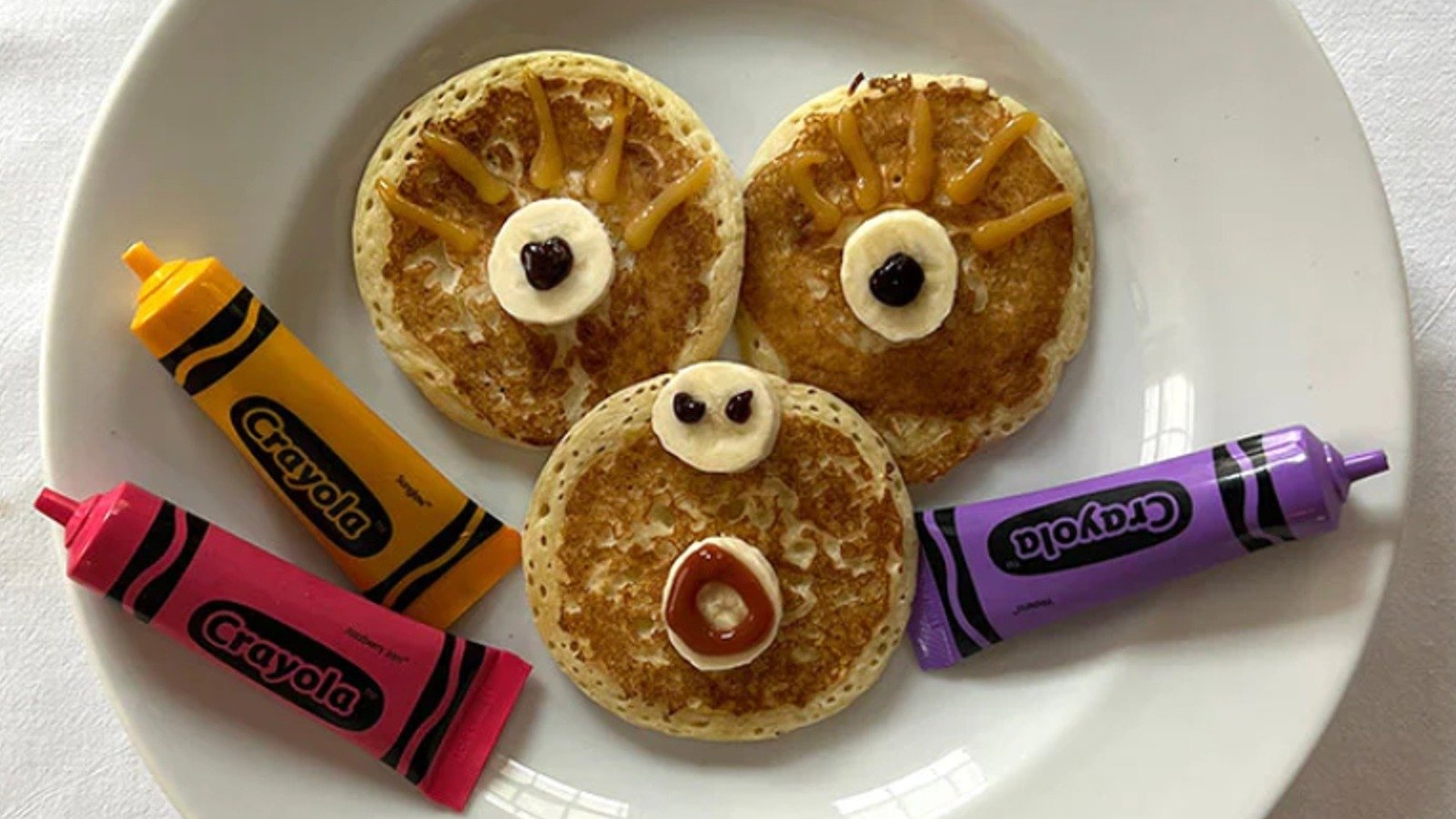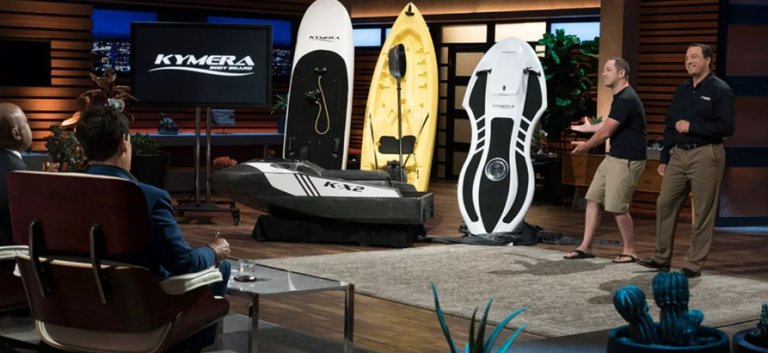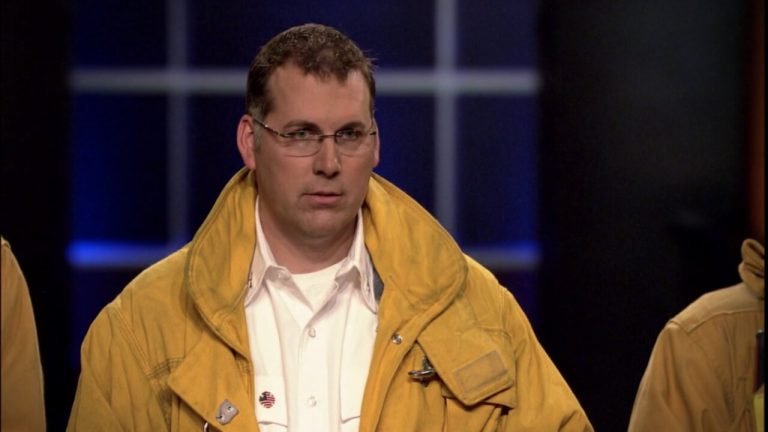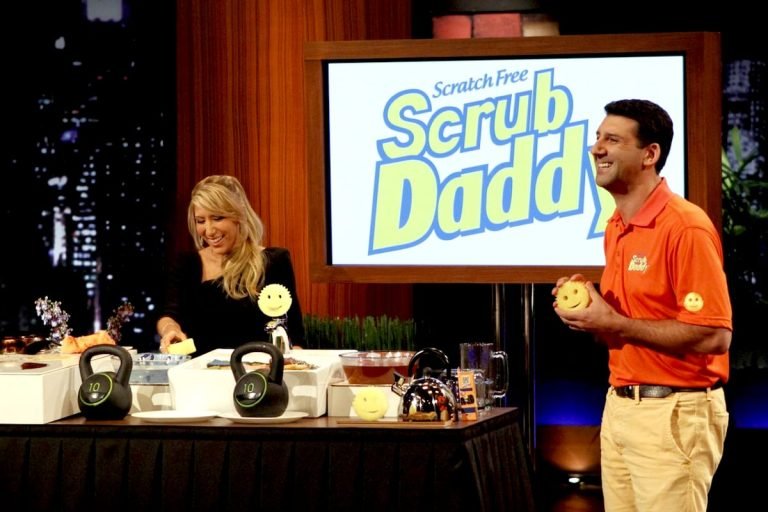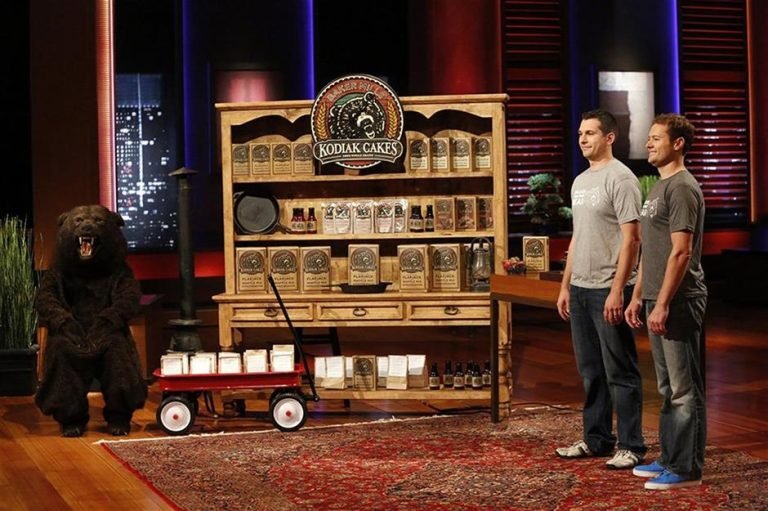Shark Tank Season 14 Deals That Never Closed
Shark Tank Season 14 Deals That Never Closed Discover the intriguing stories behind Shark Tank USA Season 14 deals that fell through. Shark Tank Season 14 showcased promising ventures, yet not every deal struck on the show reached fruition. We delve into the reasons behind these uncompleted deals, revealing the complexities of business negotiations and…
Shark Tank Season 14 Deals That Never Closed
Discover the intriguing stories behind Shark Tank USA Season 14 deals that fell through.
Shark Tank Season 14 showcased promising ventures, yet not every deal struck on the show reached fruition. We delve into the reasons behind these uncompleted deals, revealing the complexities of business negotiations and the hurdles faced by entrepreneurs after their televised pitches.
What are some deals from Shark Tank Season 14 that fell through? Shark Tank Season 14 featured several intriguing deals that failed to close despite initial excitement.
For instance, Noshi’s proposal with Lori Greiner for their Organic Food Paint™ and The Ice Cream Canteen’s deal with Lori Greiner both collapsed during due diligence due to manufacturing challenges and cost issues.
These stories highlight the rigorous scrutiny faced by entrepreneurs’ post-pitch, impacting the fate of their partnerships with the Sharks.
Shark Tank Season 14 Deals Didn’t Go Through
Explore the untold stories of Shark Tank USA Season 14 deals that ultimately did not materialize, shedding light on the challenges faced by entrepreneurs post-pitch.
“Shark Tank” is known for its dramatic pitches and high-stakes negotiations, where entrepreneurs seek investments from a panel of seasoned investors known as “sharks.”
While many deals are struck on the show, not all of them come to fruition. In Season 14, several companies walked away from the tank with a verbal agreement, only for the deals to fall apart during due diligence or negotiations.
This article delves into some of these stories, exploring why the deals didn’t close and what this means for the entrepreneurs and their businesses.
Noshi
Kids’ Food Products Designed For Creative Eating
- Founder: Tomo Delaney
- Proposed Deal: $250,000 for 25%
- Investor: Lori Greiner
Noshi makes mealtime fun for kids with Organic Food Paint™—tubes of organic fruit puree that allow children to paint on their food before eating. The concept is both educational and entertaining, aiming to encourage healthier eating habits among children.
Why the Deal Didn’t Close: Despite the excitement during the pitch, the deal with Lori Greiner fell through during due diligence.
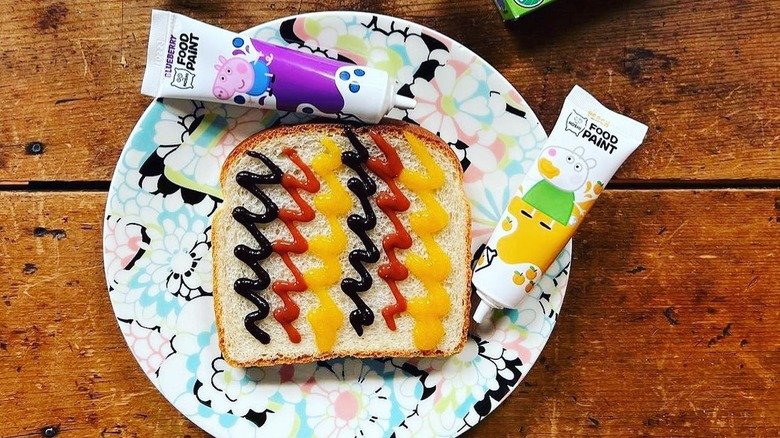
It was reported that there were concerns about the scalability of the manufacturing process and the cost of producing the organic food paint at a competitive price point.
Again, there were issues related to regulatory approvals and ensuring the product met all necessary food safety standards. These challenges made it difficult for Lori to justify the investment risk, leading to the deal’s collapse.
The Ice Cream Canteen
World’s First Double-Walled Vacuum Insulated Ice Cream Container
- Founder: Jordan Stern
- Proposed Deal: $100,000 for 20% + $100,000 line of credit
- Investor: Lori Greiner
The Ice Cream Canteen is designed to keep ice cream cold for hours, making it perfect for outdoor adventures and on-the-go enjoyment. This innovation appealed to ice cream lovers who want to enjoy their treat without worrying about it melting too quickly.
Why the Deal Didn’t Close: The deal with Lori Greiner fell apart during the due diligence phase. One major issue was the manufacturing cost and supply chain logistics.
Lori’s team discovered that the production costs were higher than initially projected, which would significantly impact profit margins.
Again, there were concerns about the durability of the product and its ability to perform as advertised under various conditions. These factors combined to make the investment less attractive, leading to the deal’s dissolution.
Bleni Blends
Automated Kiosk For Real Fruit Smoothies And Coffee Frappes
- Founders: Greg Warren and Michael Warren
- Proposed Deal: $250,000 for 35% + $500,000 line of credit
- Investor: Mark Cuban
Bleni Blends revolutionizes beverage service with automated kiosks that make fresh fruit smoothies and coffee frappes. These kiosks offer a quick and convenient way to serve high-quality drinks with minimal wait times.
Why the Deal Didn’t Close: The deal with Mark Cuban did not close due to concerns about the scalability and operational complexities of the automated kiosks.
During due diligence, Mark’s team found that the technology behind the kiosks required more refinement to ensure consistent performance and user satisfaction.
The logistics of maintaining and servicing the machines across multiple locations proved to be more challenging and costly than anticipated. These operational hurdles led to the decision to retract the deal.
Frescos Naturales
Fruit And Plant-Based Refreshments Inspired By Latin American Cultures
- Founder: Eduardo Hernandez
- Proposed Deal: $130,000 for 25%
- Investor: Barbara Corcoran
Frescos Naturales offers vibrant, natural refreshments inspired by Latin American flavors, available with or without bubbles. These drinks aim to provide a healthier alternative to traditional sodas while celebrating cultural heritage.
Why the Deal Didn’t Close: The deal with Barbara Corcoran did not materialize due to issues discovered during the due diligence process. One of the primary concerns was the high cost of goods sold (COGS) relative to the retail price, which would make it difficult to achieve a profitable margin.
Challenges related to the branding and marketing strategy, which needed significant investment to gain traction in a competitive beverage market. Barbara and her team ultimately decided that the financial and strategic risks were too high.
Lavabox
Propane Campfire In An Authentic Military Ammo Can
- Founder: Josh Thurmond
- Proposed Deal: $200,000 for 12.5%
- Investor: Robert Herjavec
Lavabox offers a unique camping experience with its portable, smokeless propane campfire housed in a genuine military ammo can. This product provides a safe and convenient way to enjoy a campfire without the hassle of traditional wood fires.
Why the Deal Didn’t Close: Despite the promising pitch, the deal with Robert Herjavec fell through. During due diligence, concerns arose about the product’s compliance with various safety regulations across different markets.
Issues with the supply chain and the cost of sourcing the authentic military ammo cans also arose, which affected the overall pricing strategy. The combination of regulatory challenges and high production costs led Robert to reconsider the investment.
Pluie
Self-Sanitizing Diaper Changing Table
- Founders: Addie Gundry and Brittany Hizer
- Proposed Deal: No investment
- Investors: N/A
Pluie introduces the first self-sanitizing diaper changing table for public restrooms, using a patented UV-C light system to sanitize the surface in 60 seconds.
Why the Deal Didn’t Close: Although Pluie did not secure a deal on the show, the exposure helped highlight some critical issues that potential investors noted.
The primary challenge was the high cost of production and the need for extensive installation and maintenance in public restrooms.
There were concerns about the durability and long-term reliability of the UV-C light system. These factors made it difficult to secure a practical investment despite the innovative concept.
Wildwonder
Sparkling Prebiotic + Probiotic Beverage For Gut Health
- Founder: Rosa Li
- Proposed Deal: $500,000 for 6% + 3% advisory shares
- Investor: Mark Cuban
Wildwonder combines prebiotics and probiotics in a sparkling beverage, promoting gut health with delicious flavors inspired by heritage recipes.
Why the Deal Didn’t Close: The deal with Mark Cuban was initially promising but ultimately fell through. During due diligence, it was discovered that the cost of scaling production to meet anticipated demand would be significantly higher than expected.
Competitive landscape of the health beverage market posed a substantial challenge, requiring a more aggressive and costly marketing strategy to establish a foothold. These financial and strategic risks led to the deal’s collapse.
Tngnt Ski Bikes
All-Mountain Ski Bikes For Winter Fun
- Founders: Scott Carr and Tyler Green
- Proposed Deal: $200,000 for 40%
- Investor: Kevin O’Leary
Tngnt Ski Bikes offer a new way to enjoy winter sports, combining the best of skiing and biking for a thrilling outdoor experience.
Why the Deal Didn’t Close: The deal with Kevin O’Leary did not proceed due to concerns about the niche market and the scalability of the product. Kevin’s team identified significant challenges in educating consumers about ski biking and convincing ski resorts to adopt and promote the equipment. ]
High cost of production and the potential for seasonal sales fluctuations added to the investment risk. These factors contributed to Kevin’s decision to withdraw from the deal.
Flated
Inflatable Automotive Accessories
- Founder: Ryan Guay
- Proposed Deal: $350,000 for 8% of every unit sold until recouping, then 5% royalty in perpetuity
- Investor: Lori Greiner
Flated specializes in innovative, inflatable automotive accessories, including the world’s first inflatable truck topper and rooftop cargo carrier.
Why the Deal Didn’t Close: The deal with Lori Greiner did not close due to complications uncovered during due diligence.
One of the primary issues was the reliability and durability of the inflatable products under various conditions, which could lead to high return rates and warranty claims.
The cost of producing and shipping these large inflatable items was higher than anticipated, affecting profit margins. These operational and financial challenges led to Lori’s decision to back out of the deal.
Kinfield
Plant-Based Skincare For Outdoor Enthusiasts
- Founder: Nichole Powell
- Proposed Deal: $250,000 for 10%
- Investor: Lori Greiner
Kinfield offers plant-based skincare products designed for outdoor activities, providing protection and care for the skin.
Why the Deal Didn’t Close: The deal with Lori Greiner fell apart during the due diligence phase. Concerns were raised about the cost of goods sold (COGS) and the scalability of the production process.
The marketing strategy required significant investment to differentiate the brand in a crowded skincare market. These financial and strategic risks made it difficult for Lori to proceed with the investment.
Conclusion
While the entrepreneurs behind these Season 14 products left the Shark Tank without finalized deals, their appearances provided valuable exposure and insights. T
he due diligence process often reveals challenges that can be addressed, helping businesses refine their strategies and operations.
Even without a shark’s investment, many of these companies continue to grow and evolve, leveraging the visibility and feedback gained from their time in the tank.

